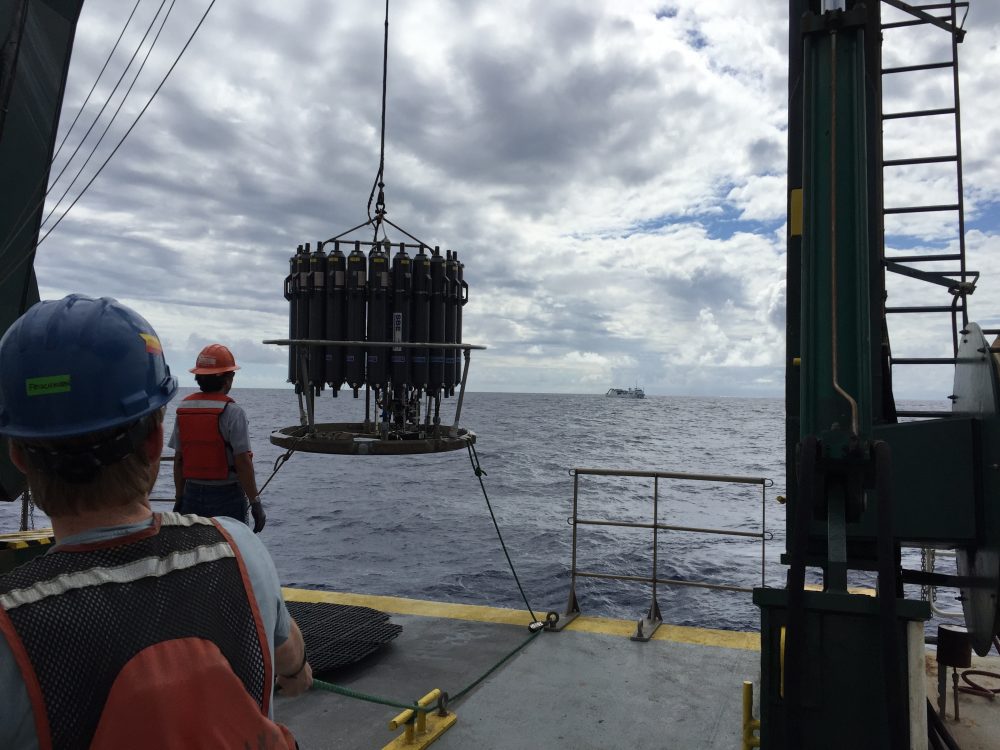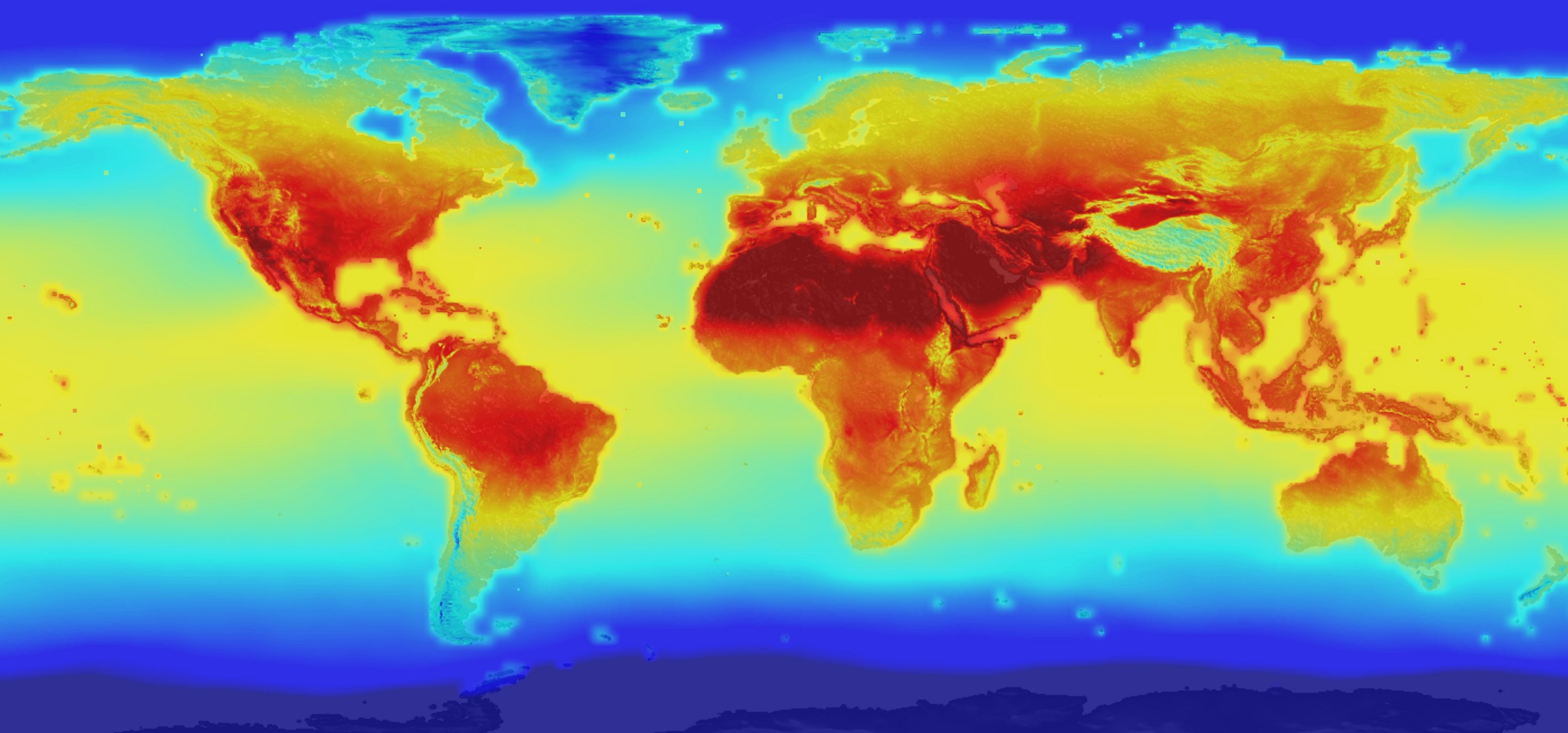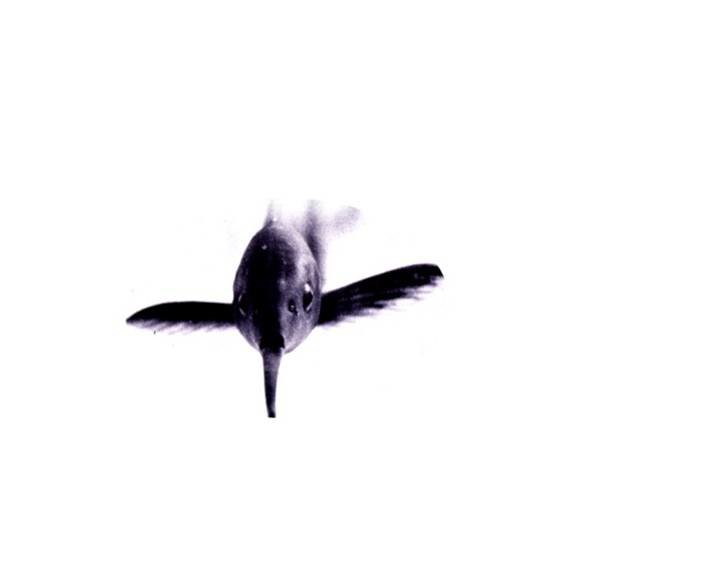16
August
Tiny microbes called phytoplankton live beneath the ocean’s surface, producing oxygen that is essential to human survival. A new study sheds light on how these all-important diatoms survive and thrive under difficult conditions.
Read More
15
August
A new paper in PLOS Medicine argues that climate change projections are often misused in health impact studies: they are best suited for shaping public health policies, not for triggering operational actions on the ground.
Read More
15
August
Young children are far more vulnerable to climate-related disasters and the onus is on adults to provide the protection and care that children need, according to research led by Columbia University scientists.
Read More
10
August
In a new study, astronomers show how gas expelled in the merger of two small galaxies can linger across vast distances for billions of years, where it may eventually feed gas to more massive galaxies to make new stars.
Read More
19
July
A new commentary co-authored by Patricia Culligan, an urban sustainability researcher, suggests innovative ideas to promote collaboration and interdisciplinary teamwork, which are essential to sustainability breakthroughs.
Read More
17
July
Columbia University and IBM today announced a new Center devoted to research, education, and innovation in blockchain technology and data transparency.
Read More
11
July
The brain’s remarkable ability to perceive the outside world relies almost entirely on its capacity to tune out noise generated by the body’s own actions, says a new study.
Read More







